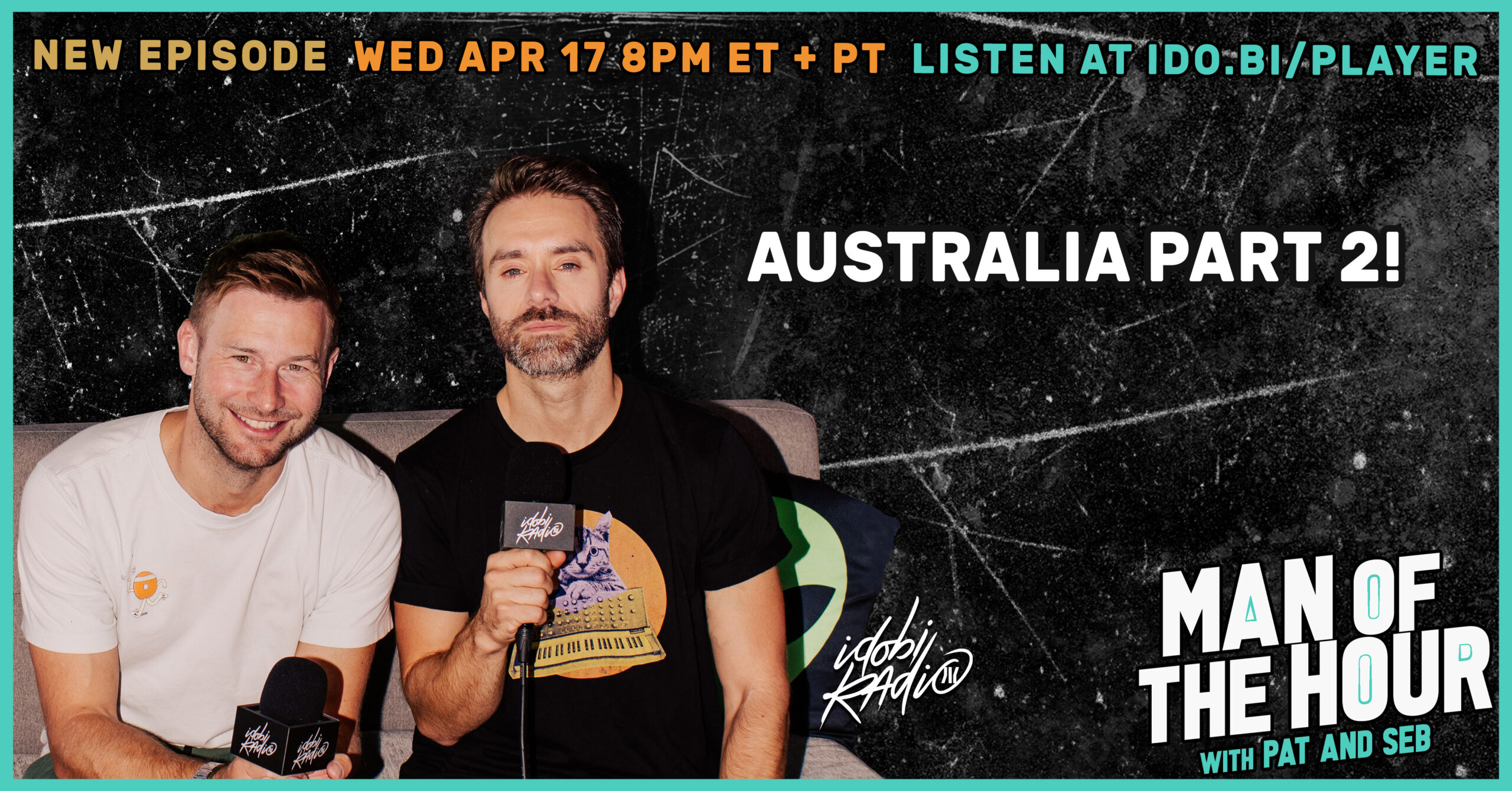Time was, pop stars who hit it big would ride out the success of an album and then lie low for awhile, presumably restoring their creative energies and also whetting the public’s appetite for the next record.
Not any more. Today’s acts – wary of fickle fans and short attention spans – are pumping out albums in quick succession so as not to lose the spotlight to someone else.
“Unfortunately right now, you have to just hit while you’re hot,” said teen pop starlet Jessica Simpson, who released her self-titled second album in June, a year and a half after her debut disc, “Sweet Kisses.”
“You never know what’s going to happen a year from now, you know what I mean?”
Teen pop acts seem to be most aware of the risk. Singer Mandy Moore recently released her third album in two years; Britney Spears will have a new album this fall, a little more than a year after her best-selling “Oops… I Did It Again” – which came about a year and a half after her debut, “… Baby One More Time.”
Jive Records, which represents Spears, ‘N Sync and the Backstreet Boys, has become the model for nearly nonstop marketing. The label’s president, Barry Weiss, said the trend really began with rap acts, who churned out albums almost yearly and collaborated with other artists in the meantime to remain in the public eye.
Rapper Jay-Z, for example, has put out three albums in the past three years.
“I think it’s incumbent on any good artist… to make sure that they have a high frequency of releases,” he said. “While you’re hot, stay in the public’s face as much as possible.”
Weiss insists that artistic concerns are still paramount, and that Jive holds discs until it feels they are strong enough to release.
‘N Sync released its third album, “Celebrity,” this week, a little more than a year after its “No Strings Attached” debuted to record sales of 2.4 million in its first week. In the interim, the group has been everywhere: on MTV, on two tours, at the Super Bowl, on countless magazine covers.
In the past, the industry worried that too much publicity might create a backlash. So far, there’s no sign of that for ‘N Sync: Early reports say “Celebrity” may approach first-week sales equal to its predecessor.
“The ‘N Syncs of the world… they know the clock is running,” said Alan Light, editor of Spin magazine. “You can’t be a boy band forever, so you’ve gotta go for everything that you’re able to get for that time.”
The Backstreet Boys can attest to that. When they released the album “Millennium” in May 1999, they were the reigning boy band and sold what was then an unprecedented 1.1 million records in the disc’s first week.
When “Millennium” began to fade in 2000, ‘N Sync picked up the baton and ran with it. Backstreet, on tour for part of 2000, kept a lower profile. When they released the follow-up “Black & Blue” last November, even though it bested “Millennium’s” first-week sales it didn’t match “No Strings Attached.”
“In the current marketplace, artists really can’t stay away too long because there doesn’t seem to be a lot of fan loyalty,” said Arista Records President Antonio “L.A.” Reid.
That’s the explanation Destiny’s Child gives for their constant presence on the airwaves. They released their first, self-titled album in 1998, spawning the hit “No No No, Part I.” A year later, “The Writing’s on the Wall” was released, and hits like “Say My Name,” “Bills, Bills, Bills” and “Bug A Boo” kept it hot for most of 2000.
The group’s status surged even more when their single from the “Charlie’s Angels” soundtrack, “Independent Women Part I,” stayed at No. 1 for weeks. Grammy wins kept them in the spotlight, and when “Independent Women” started to fall off, the title track from their new album, “Survivor,” was making its run at an eventual No. 1 spot. Their latest single, “Bootylicious,” will appear on next week’s chart at No. 1, too.
The group was so busy that it had only five days to prepare for a headlining gig on the current MTV “TRL” tour.
“Mentally, we’re at the point where we need a break,” Beyonce Knowles acknowledged.
In the 1950s and ’60s, artists like the Beatles often put out two, sometimes three albums a year. That changed for awhile when record companies started putting more focus on a record’s artistic merit, Light said.
“As artists were more viewed as artists, they were given more time and more freedom and more time to make a record,” he said.
With today’s expanded media outlets and broad demand for entertainment, things have swung back again.
Simpson, also on the “TRL” tour, admitted to a little fatigue as well. But she’s not so tired that she’d give up her moment in the public eye.
“It gets tiring, but it’s too exciting,” she said. “My life is so, ‘I gotta do this, I gotta do that’ – that’s what I’m used to.”





























